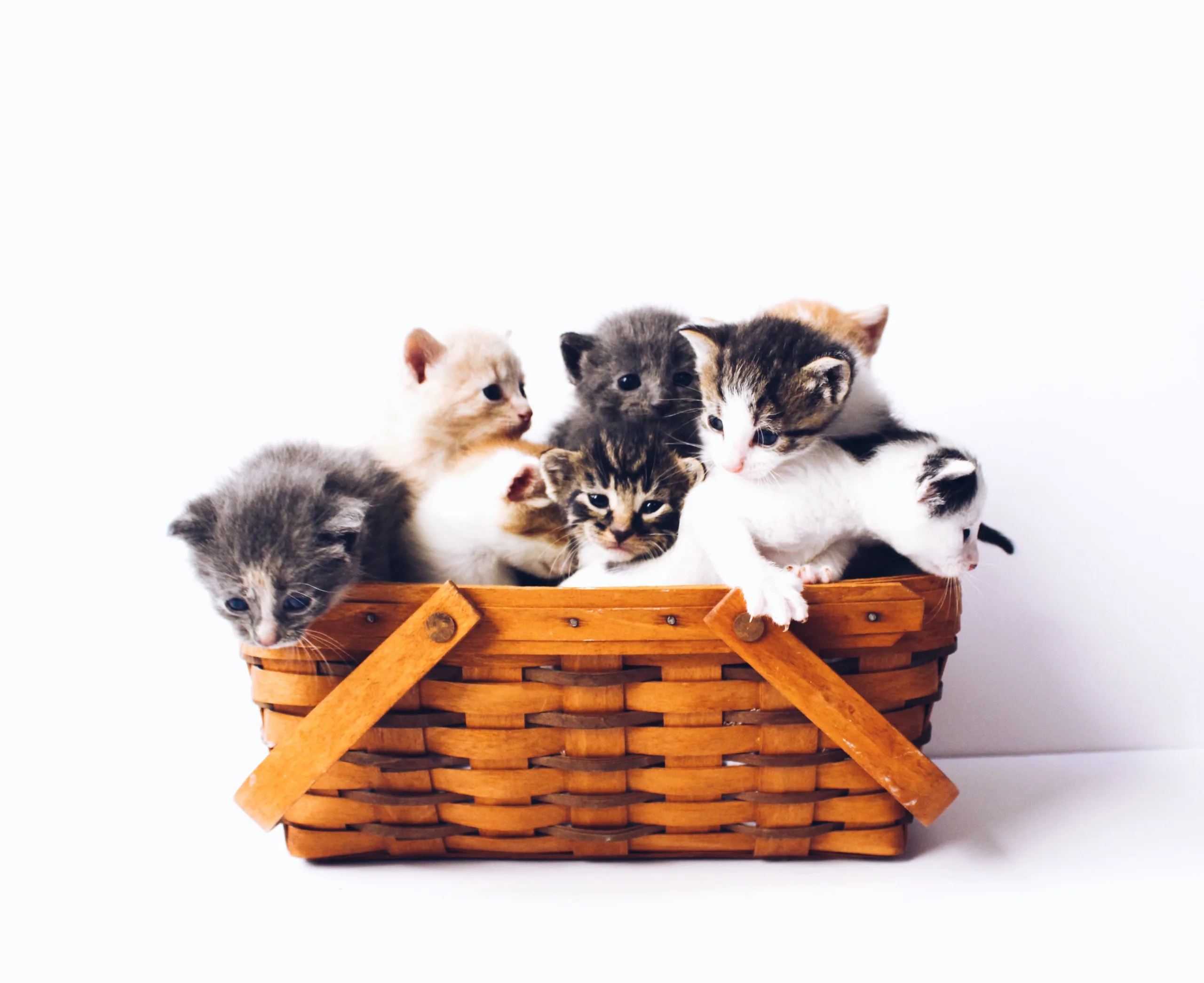Vaccinations play a crucial role in maintaining the health and well-being of our feline companions. While outdoor cats are often exposed to more risks, indoor cats aren’t entirely immune to potential health threats. As a responsible pet owner, it’s important to understand the vaccines that indoor cats might need, the frequency of vaccination, and the reasons behind these recommendations. In this article, we’ll delve into the world of vaccinations for indoor cats, address common questions, and provide insights into making informed decisions for your beloved feline friend.
For more about cats click here
Do Indoor Cats Really Need Vaccines?
The question of whether indoor cats need vaccines is a common one among pet owners. While indoor cats are generally at a lower risk of exposure to certain diseases compared to their outdoor counterparts, they aren’t entirely exempt from potential health threats. Indoor cats can still come into contact with pathogens carried by humans, other pets, or insects. Additionally, there’s always a possibility of accidental escape or interaction with wildlife.
Key Vaccines for Indoor Cats
While the vaccine recommendations for indoor cats may vary based on factors such as location, lifestyle, and individual health, there are certain core vaccines that are often recommended:
- Rabies Vaccine:
Rabies is a serious and often fatal disease that can affect both humans and animals. Even indoor cats should receive the rabies vaccine to ensure public health safety and protect them in case of accidental exposure. - Feline Distemper Vaccine:
Also known as the FVRCP vaccine (Feline Viral Rhinotracheitis, Calicivirus, and Panleukopenia), this vaccine protects against common respiratory and gastrointestinal diseases. - Optional Vaccines:
Depending on your cat’s lifestyle and risk factors, your veterinarian may recommend additional vaccines. These may include the feline leukemia virus (FeLV) vaccine, which is especially important for cats that have contact with other cats.
How Many Shots Does an Indoor Cat Need?
Kittens typically receive a series of vaccinations to build immunity during their early months. These initial shots are usually administered at 6-8 weeks of age and are followed by booster shots at 12 and 16 weeks. After the initial series, adult cats may need booster shots every 1-3 years, depending on the specific vaccines and recommendations from your veterinarian.
How Often Should Indoor Cats Be Vaccinated?
The frequency of vaccination for indoor cats depends on various factors, including the cat’s age, health status, lifestyle, and the specific vaccines being administered. Core vaccines like rabies and FVRCP are often given as boosters every 1-3 years. Your veterinarian will create a vaccination schedule tailored to your cat’s individual needs.
Addressing Concerns About Vaccination
Q1: What happens if I don’t vaccinate my indoor cat?
Not vaccinating your indoor cat can leave them vulnerable to diseases that might still pose a risk. In case of an accidental escape or exposure, unvaccinated cats are at a higher risk of contracting preventable diseases.
Q2: Are unvaccinated cats safe?
Unvaccinated cats are at a higher risk of contracting preventable diseases, even if they live exclusively indoors. Vaccination helps ensure their protection in case of unexpected scenarios.
Q3: How long can cats go without vaccinations?
The duration between vaccinations varies based on the specific vaccine and your veterinarian’s recommendations. Some vaccines require boosters every 1-3 years, while others may have a longer duration of immunity.
Making Informed Decisions
When it comes to vaccinating your indoor cat, it’s essential to work closely with a veterinarian who understands your cat’s unique circumstances. Your veterinarian will consider factors such as the cat’s age, health history, lifestyle, and risk factors to create a vaccination plan that provides the necessary protection while minimizing unnecessary shots.
External Resources for Cat Vaccination
For further insights into cat vaccination, consider these resources:
- American Veterinary Medical Association – Vaccinating Your Cat
- The Humane Society of the United States – Cat Vaccination
In Conclusion
Vaccinations are a crucial aspect of responsible cat ownership, even for indoor cats. While indoor cats face fewer risks than their outdoor counterparts, they can still be exposed to diseases through various means. By staying informed about recommended vaccines, working closely with your veterinarian, and adhering to an appropriate vaccination schedule, you can ensure your indoor cat enjoys a healthy and happy life. Remember that while indoor cats may have reduced exposure to some risks, it’s better to be cautious and provide them with the protection they need.
